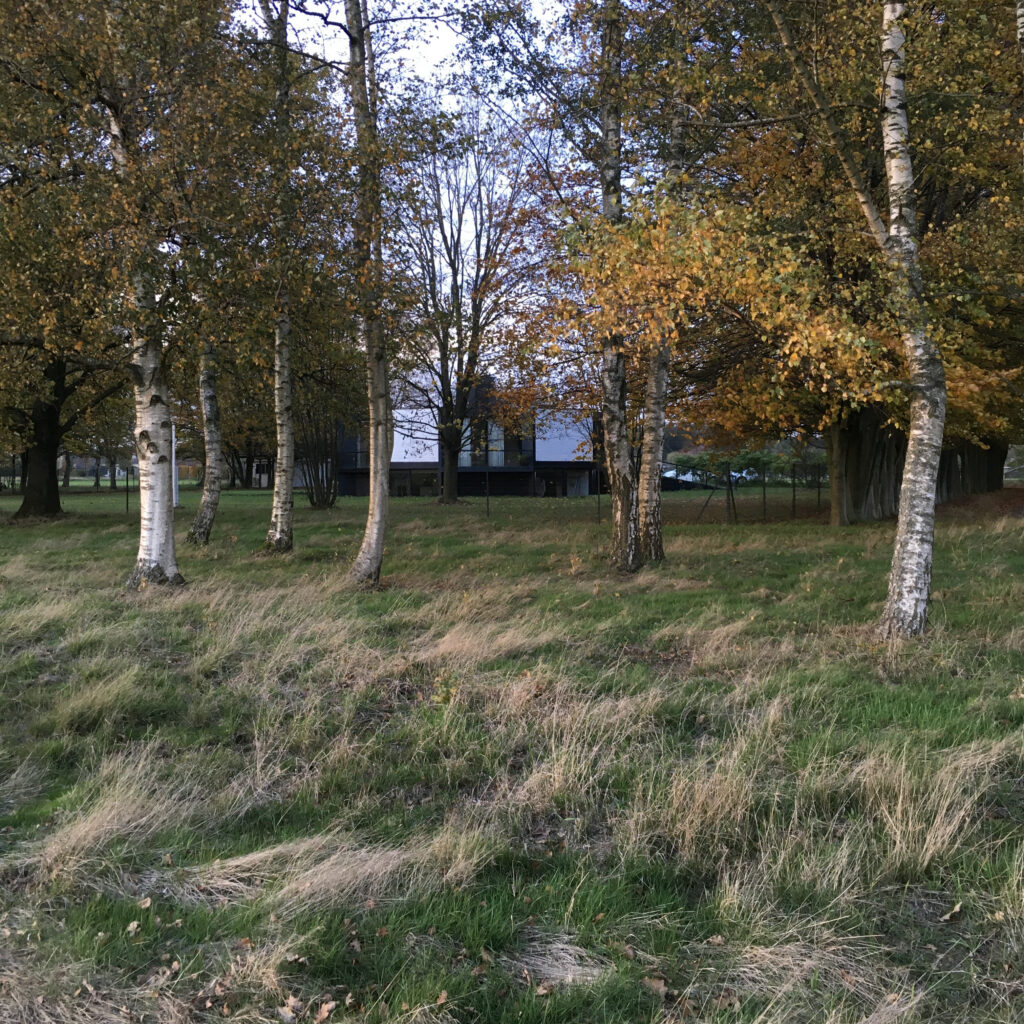
In Flanders, several exceptional buildings from the 1960s and 1970s that take on a central role in the urban fabric are derelict or in physical decay. There is an acute lack of insights to guide their status as monuments, the processes of reconversion to face the future as well as the high demands for restoration. This research aims to generate more knowledge on these ‘pioneering buildings’, by combining design and practice-based expertise with theoretical research. Their architects were more designers/builders than theoretically engaged, passing on their ideologies, skills and knowledge through their practices and teaching studios. This observation defines the research field.
Firstly, a careful selection of case studies combines archival research in relation to its (un)built manifestation. Secondly, this research builds up a historiography and contextualisation of these ‘pioneering practices’ and their international relations, creating an overarching narrative.
Funded by: international BOF-KU Leuven fund
Promotor: Caroline Voet
Co-Promotor: Fredie Floré
Phd student working on the project: Laura Lievevrouw
